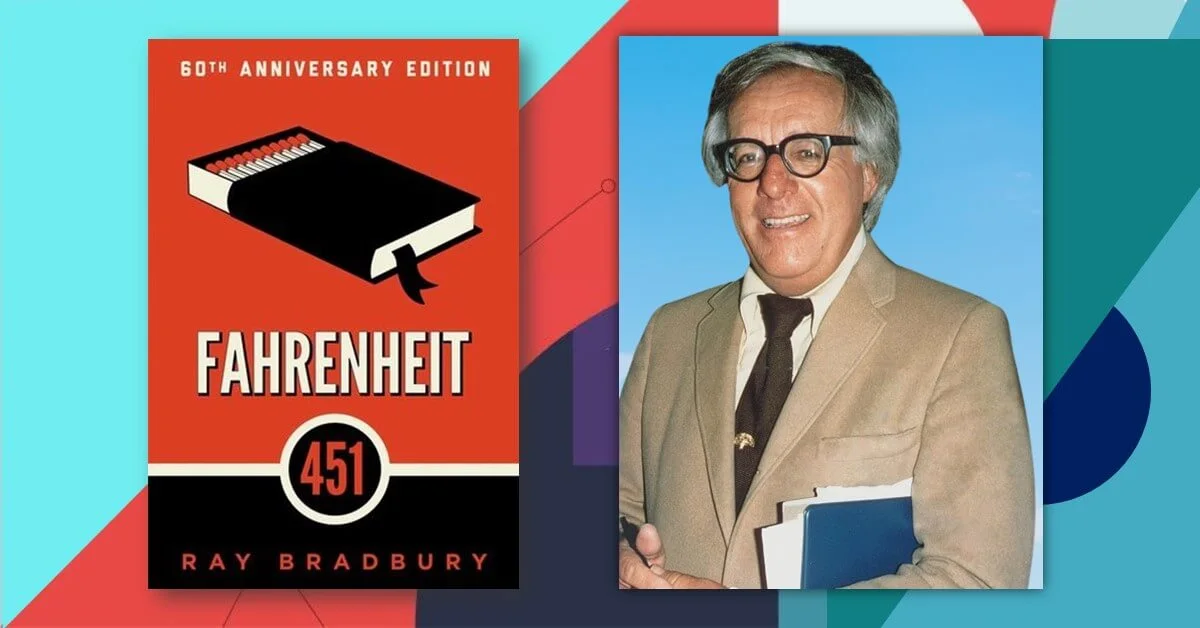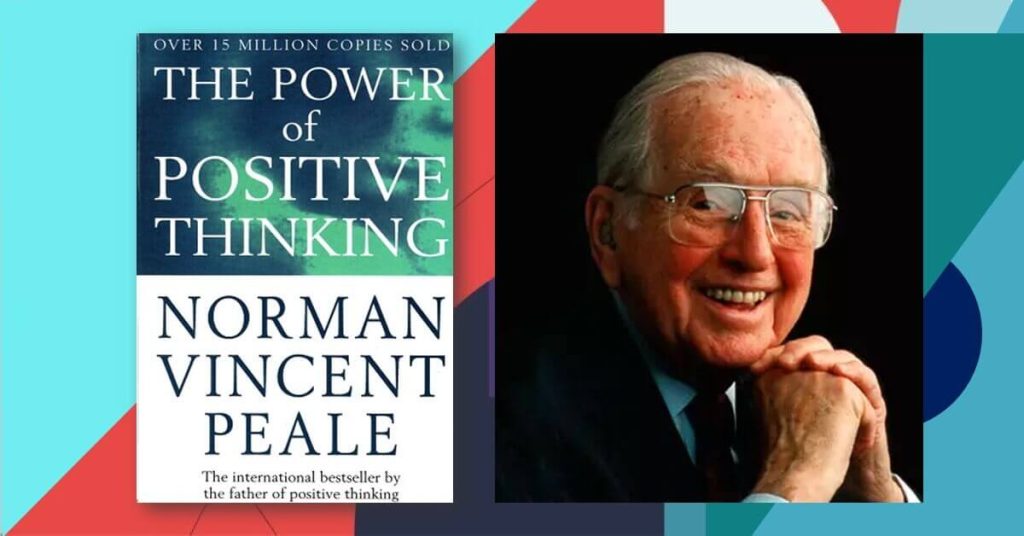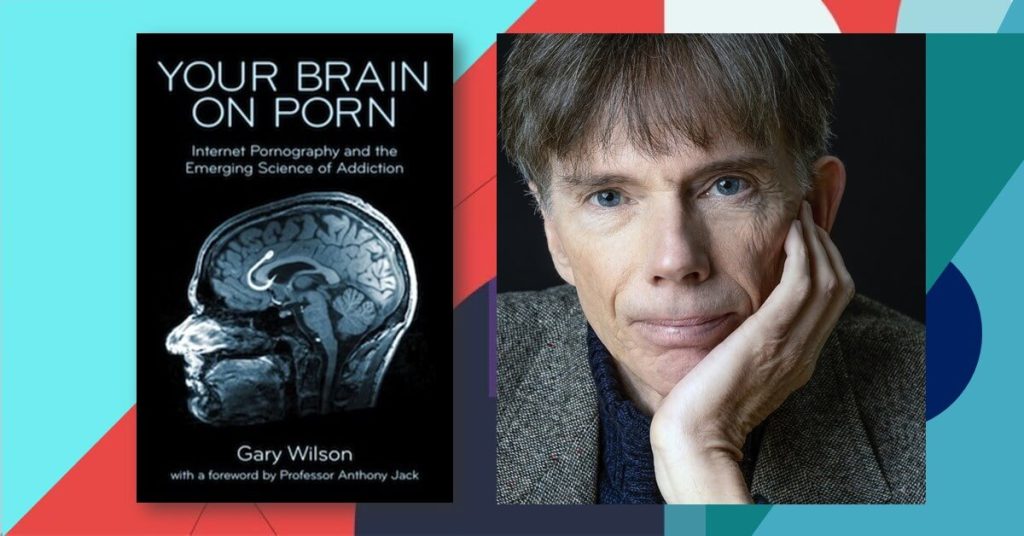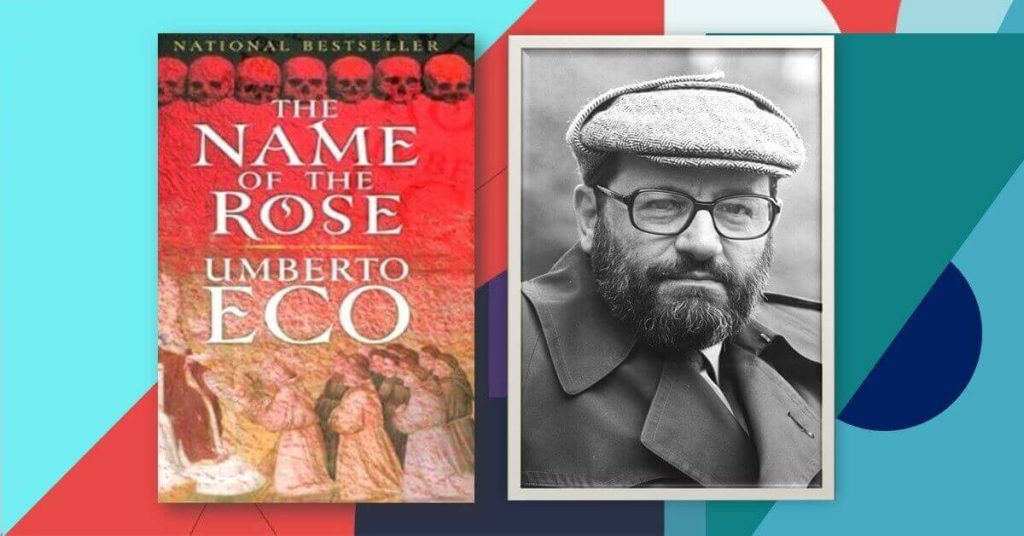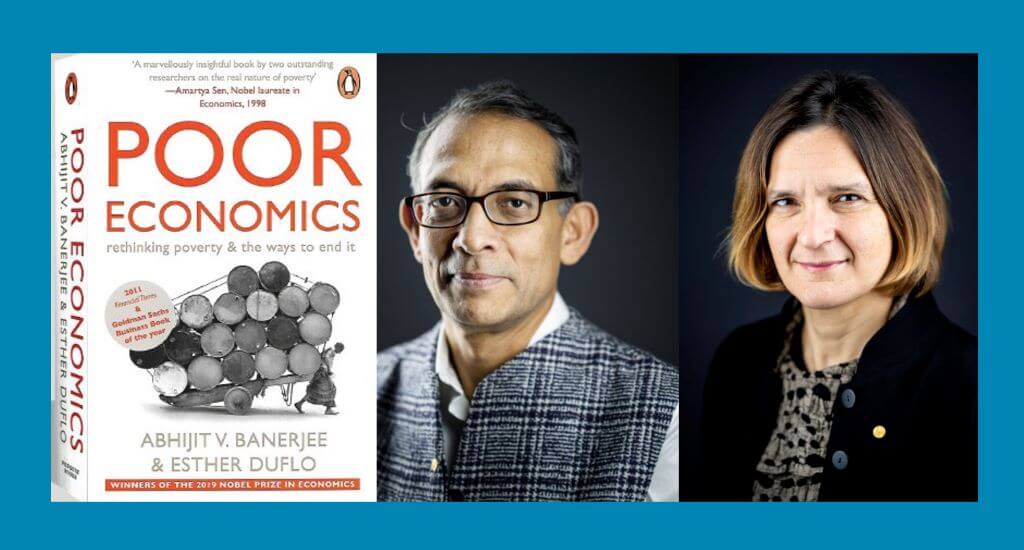Last updated on August 14th, 2024 at 11:23 am
Fahrenheit 451 by American novelist, short story writer, essayist, playwright, poet and screenwriter Ray Bradbury or Raymond Douglas Bradbury. First published in 1953, the novel portrays the totalitarian behaviour towards free thinkers and intellectual freedom.
It predicts a dystopian state where its citizens would be happy to escape intellectual responsibility and indulge themselves in conspicuous consumption and psychological numbness instead of cultivating creativity and cognitive exercise in American society in the 1960s.
banning books, and burning libraries are nothing new incidents. Reading to a section of writers in Bangladesh was considered a punishable crime in the 2000s. Some books still cannot be read and discussed in the Bangladeshi context because of some religious connotations.
In The Name Of The Rose by Umberto Eco, we see how books like Aristotle’s Poetics were forbidden for the monks. In order to destroy Egyptian intellectual superiority, Caeser had to destroy the Library of Alexandria first.
the only weapon for rising above the ordinary is books. But because of our smart device addiction, our intellectual future is going even darker than the future Bradbury predicted for American society. It resonates trues now than before.
Fahrenheit 451 Film (1966)
Fahrenheit 451 was adapted into a film in 1966 which is a wonderful making. it duly represents the fear of an authoritarian government toward books and their readers.
Therefore, the fire station Rodier is formed to put off the fire but to set the books on fire. books are the real enemies because, according to the brave fireman Montag, they make people antisocial, and unhappy and they are unreal, especially novels.
books are banned, not read and if the owners refuse to burn them they must be arrested. There were informants everywhere to inform on the people reading books. the fire station burns books by particular authors on a particular day, “Monday, we burn Miller, Tuesday, we burn Tolstoy, Wednesday, we burn Walt Whitman, Saturday and Sunday, we burn Schopenhauer and Satre. We burn them to aches and then burn the ashes”, says Montag to Clarisse when asked why they burn books.
Clarisse was a secret reader and a member of Book People of distant community where people memorise books before burning them.
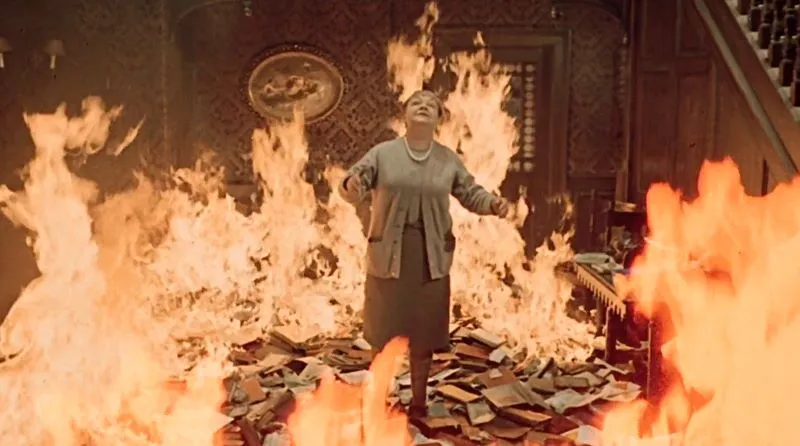
Clarisse is Montag’s neighbour who follows him on his way to the office by the monorail. Montag believed that until a moment when Clarisse asks him if reads any books before he burns them. and his world, worldview, and relations changed dramatically as started reading one, David Copperfield by Charles Dickens.
he started reading books stealthily putting his career and family on the line which eventually cost him his career and family. he hid a lot of them inside his house. his changed behaviour towards his wife, an extravagant, showy and conspicuous woman, prompted her to find out the reasons. when she found the books, she implored him to get rid of them and threatened him to leave him if he did not get rid of the books. It is either her or the books. the choices which Montag left to her.
Montage was thoroughly broken to an old woman to ablaze herself in the middle of her books and chose to die with them instead of leaving at the hand fireman to burn. Equally heartbreaking to see how a whole library consists of hundreds of thousands of books of various faculties to her personal possession they decided to turn them into aches. However, she could not bear the pain of losing them, she valued them as equal to her. With them, she too transforms herself into aches.
Montag decided to leave his job which he declared on his last day. but he also decided to do his last operation at the request of his boss. Little did he know that it was going to be at his residence. Earlier, unable to bear Montag’s passion for books, his wife reported on him.
At home, Montag brought out all the books and was ordered to lit the sparkler himself, which he did reluctantly. But killed his Captain/boss when tried to confiscate Story of Mysteries and Imagination by Edgar Allen Poe.
Montag became a killer and lost his wife but found love with Clarisse, a book lover. he did not hesitate for a moment to kill his boss and did not try to appeal to his wife if it had to cost his love for books.
He later found himself among the Book People where he started to memorise The Stories of Mysteries and Imagination.
Overview
The title Fahrenheit 451 represents the temperature at which paper and books burn.
Based on a 1951 short story, ‘The Fireman’, the novel depicts a future United States where television dominates culture and all books are banned.
Montag, the main character, is a fireman, a member of an elite, Gestapo-like organization whose purpose it is to seek out and burn the few books that remain.
Even though, Fahrenheit 451 tries to make no attempt to describe the workings of a totalitarian state, Bradbury is concerned with developing a parable of sorts in connection with intellectual freedom, Instead. In Fahrenheit 451, an interfamily acclaimed part of classic literature, Bradbury sees a future in which the literary life will be dead because of consumer products like Wall Screen, which is what Montag’s wife was waiting for. she was waiting for another bigger Screen TV, possible to buy only when he gets promoted.
Well, the time of TV may have about been eclipsed due to the dominance of Artificial Intelligence-based smart devices, the future of books is indeed dark. Because, devices and the internet habituated people are reluctant to read even newspapers, let alone books.
The novel is to be viewed as an attack on US Republican Senator Joseph McCarthy‘s early 1950s communist subversion and anti-Communist crusade, during which he and his supporters attempted to subject government workers, politicians, journalists, and artists to strict government scrutiny on intellectualism.
Because he believed the US federal government, educational institutions and film industry were infiltrated by communists and Soviet spies. In a wider perspective, Bradbury brings forth the issues of mass-media-induced illiteracy and anti-intellectualism in general.
communists and Soviet spies and sympathizers had infiltrated the United States federal government, universities, film industry
It predicts a dystopian future as in Brave New World by Aldous Huxley, where he shows people all around the world are part of a totalitarian state to enjoy leisure time, material wealth, and physical pleasures.
However, in order to maintain this society, the ten Controllers of the world eliminate most forms of freedom and distort many traditionally held human values, while in 1984 George Orwell recounts a chilling depiction of a dystopian future where the power of the state could come to dominate the lives of individuals through cultural conditioning.
Background
In Fahrenheit 451, Bradbury offers a dark vision of the United States in the 21st century.
The novel portrays a society where rigid conformity is expected of all individuals, and where independent thought is highly suspect.
Most members of this society appear to willingly embrace the opportunity to escape the burdens of individual freedom and intellectualism. But in doing so, bereft of literary standing, their social and individual world was overcome by their unconscious frustration manifests itself in their violence.
As obvious in Fahrenheit 451, the United States has started and won two atomic wars since 1960. Suicide attempts and substance abuse are so prevalent that special machines that can be operated by ‘handymen’, who are employed to do occasional household repairs, have been invented to treat drug overdoses.
Carloads of young teenagers speed along the motorways and run over pedestrians for sport. Montag’s wife explains sadistically that she enjoys driving at 95 miles per hour in the country because ‘you hit rabbits, sometimes you hit dogs’. The firemen unleash their vicious Mechanical Hound on chickens, cats, or rats on a regular basis, placing bets on which animal the Hound will kill first.
Themes And Characters
The novel’s protagonist is 30-year-old Guy Montag, who has followed in his father’s and grandfather’s footsteps to become a fireman and has performed his job for ten years without thinking twice about the implications of his actions.
He just went to his duties with ‘the fierce grin of all men singed and driven back by flame”; he has smiled the same smile for as long as he can remember and even sleeps with ‘the fiery smile still gripped by his face muscles’.
Montag’s life is irrevocably changed when he meets Clarisse McClellan, his new neighbour, who describes herself as ‘seventeen and insane’.
She is a non-conformist in the world of the novel because she enjoys conversation and takes the time to observe and appreciate her surroundings. Because of her activities like walking in the woods, watching birds and collecting butterflies, her psychiatrist is concerned. Clarisse challenges Montag about the nature of his work and in their brief conversations she teaches him to be mindful about the outside world.
Meeting Clarisse changed Montag. She once made him realise that he cannot go on burning books and must instead do whatever he can to save them.
Montag’s wife of ten years, Mildred/Lynda, stands in stark opposite to Clarisse. She numbs her mind with sleeping pills and with the babble provided by the mass media, Television and luxury. She cannot stand books when Clarisse is a book lover.
The humongous Television occupies three of her living room. While not watching TV, to stay away from outside stimulation, Mildred wears thimble-sized radios that plug her ears. She considers television characters as her ‘family’. Though she named the three people as Bob, Ruth and Helen in the programme she was watching, neither she nor he can remember where and how they met them.
Bradbury portrays Mildred as a typical citizen of the United States in the 21st century; she is so brainwashed that when Montag starts to collect books to satisfy his thirst for knowledge, she turns him into the authorities.
Montag’s most significant adversary is Beatty, the fire captain. An intuitive man, Beatty realizes immediately when Montag begins to have doubts about his profession. Beatty has read a few books himself in the line of duty but insists that they are worthless because they contradict one another and because the people they portray never actually lived, and reading makes him feel better than others.
Faber, an English professor until the last liberal arts college was closed 40 years ago for the lack of students and patronage, turns out to be Montag’s most important ally in his quest to preserve books. At first, Montag seems in danger of following Faber’s orders as unthinkingly as he followed Beatty’s, but with Faber’s encouragement, he learns to think independently.
What Faber during their conversation struck my mind. “If you hide your ignorance, no one will hit you and you’ll never learn,” says Faber to Montag.
Bradbury’s primary focus in Fahrenheit 451 is the significance of independence of thought and intellectualism. He sees reading as a key method of cultivating intellectual curiosity and freedom. Books provoke the readers to encounter diverse ideas and opinions so their cognitive and intellectual horizon expands and learn to think outside the limited periphery.
If you hide your ignorance, no one will hit you and you’ll never learn,
Bradbury portrays over-dependence on technology as a threat to intellectual development.
Montag’s escape from the supposedly infallible Mechanical Hound shows that an active human mind is superior to even the best technology.
In Bradbury’s novel, the emphasis on technology in education leads to a culture where people understand how things are done but never bother to wonder why things are done. Such an education discourages people from developing their creative abilities and as the narrative points out several times, those who cannot build destroy.
The result is a society where fanatical, destructive behaviour, such as the firemen’s book-burning, flourishes.
Fahrenheit 451 is very clearly a defence of literacy and the free use of the imagination as central human virtues. Bradbury highlights this theme when Montag’s boss states: “You always dread the unfamiliar. Surely you remember the boy in your own school class who was exceptionally ‘bright,’ did most of the reciting and answering while the others sat like so many leaden idols, hating him. And wasn’t it this bright boy you selected for beatings and tortures after hours? Of course, it was.…”.
Bradbury is reacting here to a central paradox of American culture, the enormous and conflicting emphasis that is placed on being both a rugged, strong-willed individualist and a right-thinking member of society. Though Americans extol the free spirits of their history, from Davy Crockett to Henry David Thoreau, they also mistrust them for their non-conformity.
That human being must be given the right to and freedom of intellectual expression, what Bradbury argues in Fahrenheit 451, no matter if that exploration of ideas and intellectual freedom offends others. As it is said, “There is no freedom of expression without hurting others’ ideas”. Fahrenheit 451 it depicts the written word as the key to all such exploration.
Literary Technique
Bradbury was for years science fiction’s premier literary stylist and he remains one of the most sophisticated users of language in the genre.
He chiefly likes similes, such as the one described of a book that tumbles into Montag’s hand during a raid on an old woman’s secret library. He writes, “A book lit, almost obediently, like a white pigeon, in his hands, wings fluttering. In the dim, wavering light, a page hung open and it was like a snowy feather, the words delicately painted thereon.”
Bradbury enhances his narrative with symbolism.
The river into which Montag plunges to escape the Mechanical Hound is considered to serve as a symbolism of rebirth, to enlightenment I would say in the biblical perspective, as it carries him away from the city of violence to a wandering community of Book People where everyone is known as a particular book by a particular author. It is a community of memorizers.
In the opening chapter of Fahrenheit 451, Clarisse’s dialogues with Montag about the nature of a fireman’s duties reveal a paradox in one’s profession. “Is it true that long ago firemen put fires out instead of going to start them?” She asks. Montag replies that houses have always been fireproof so that there has never been a need for firemen to extinguish fires.
As I mentioned earlier, Fahrenheit 451 is set in solid dystopian tradition precedence of literature seen in the works of Aldous Huxley, Brave New World (1931), and George Orwell’s Nineteen Eighty-Four (1949).
Montag’s transformation from servant to opponent of the totalitarian state clearly resembles Winston Smith’s transformation in Orwell’s 1984.
Banning of Fahrenheit 451
Even though, Ray Bradbury’s novel Fahrenheit 451 is set against the censorship of books, and curtailing freedom of thinking and limiting the space of intellectualism, it did not did not deter the censors. It got banned it the USA.
In 1987, in the most publicized of several school challenges in the US, the Bay County School Board in Panama City, Florida, swept it out of the classroom for “vulgarity.” Consequently, a class-action lawsuit or representative lawsuit and protests by students eventually led to the reinstatement of the book. However, most surprisingly, in the 1960s and ’70s, the book’s publisher, Ballantine Books, released an abridged edition of Fahrenheit 451 intended for high school students.
It not only removed the swear words but, without the author’s knowledge, characters were manipulated and some episodes were wholly reorganized. Worse still, from 1973 to 1979, the abridged edition was the only version of the novel available for sale in the US.
On learning of the abridged edition from a friend, the author demanded that it be withdrawn from the market, and in 1980, the original edition was back in print with an ending stating: “There is more than one way to burn a book.”
My struggle for books.
Just like the Book people or the lady who chose to die with her books, I sustain the same tendency. I have to carry my books every time I change my residence. Ignoring all forms of relationships and responsibility all that I could do to emerge myself among the pages of the books. I could dream of nothing, no success, no savings, no social stigma.
Whenever possible all I was able to do was buy my favourite books, even if I had to starve, because I earn very minimum enough only to sustain life. Whatever or whoever I am today is because of books.
Society does accept a reader, a woman does not approve of a thinker, and some shortsighted so-called organisational personalities do not like a reading fellow, because they think it is a sheer waste of time.
To them what is the point of acquiring all that knowledge if that does not have a real value in real life survival?
